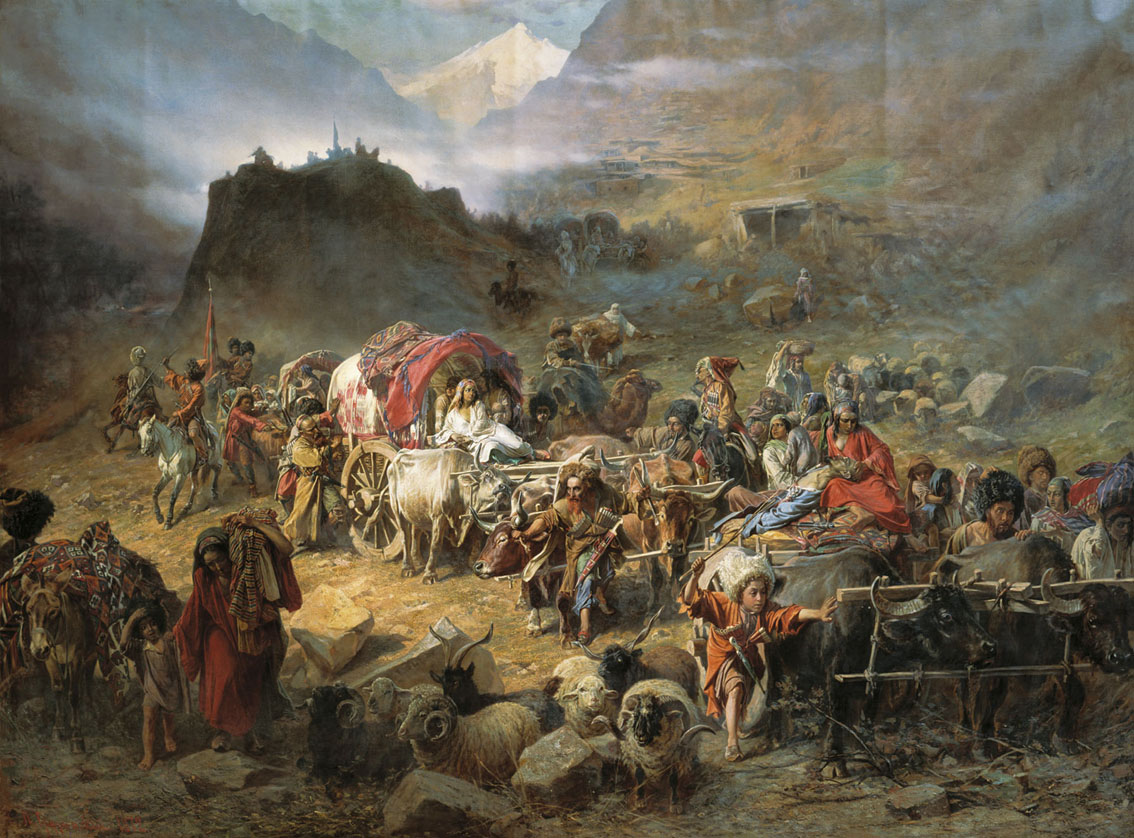Empire of Refugees: North Caucasian Muslims and the Late Ottoman State
Vladimir Hamed-Troyansky
Global Studies
UC Santa Barbara
In the half-century before World War I, about a million Muslims from Russia arrived as refugees in the Ottoman Empire. The Ottoman government resettled them throughout the empire: from the Balkans in the west, through Anatolia, to Iraq and Jordan in the east. My book project, “Empire of Refugees: North Caucasian Muslims and the Late Ottoman State,” is a social history of migration that shows how Muslim refugees transformed the late Ottoman state and how the Ottomans managed refugee resettlement. It advances the debate in Middle Eastern studies on the collapse of the Ottoman Empire. Using documents in Ottoman Turkish, Arabic, and Russian, I demonstrate that Ottoman support through financial aid and infrastructure was critical to the economies of refugee villages, which in turn proved fundamental to Ottoman political stability. Refugee resettlement both accelerated the demise of the empire in the Balkans and prolonged Ottoman rule in the Arab world. This book contributes to global history and migration and refugee studies by investigating the Middle Eastern origins of refugee relief. It argues that a non-western, Islamic state constructed its own refugee regime well before the emergence of the League of Nations in 1920 or the United Nations in 1945.
Image credit: Pyotr Gruzinsky, “The Abandonment of the Village by the Mountaineers as the Russian Troops Approach” (1872)

